| Content |
| S.L |
Items |
| 1 |
মরিচ গুঁড়া ২৫০ গ্রাম |
| 2 |
হলুদ গুঁড়া ২৫০ গ্রাম |
| 3 |
জিরা গুড়া ২৫০ গ্রাম |
| 4 |
ধনিয়া গুড়া ২৫০ গ্রাম |
| 5 |
আলু বোখরা ১০০ গ্রাম |
| 6 |
এলাচ ৫০ গ্রাম |
| 7 |
দারচিনি ১০০ গ্রাম |
| 8 |
তেজপাতা ৫০ গ্রাম |
| 10 |
গোলমরিচ ৫০ গ্রাম |
| 12 |
বিরিয়ানি মসলা ৮০ গ্রাম |
| | 100% Organic Red Flattened Rice - লাল চিড়া prepared under own supervision.
Red Flattened Rice is a very common food for us. Chira is of immense importance in cooling the stomach, filling the lack of water, and at the same time quenching hunger. Chira is also widely used as a substitute for rice.
Here are some of the qualities of Chira which has thousands of qualities:-
1. Red Flattened Rice is very low in fiber which is beneficial in preventing chronic diseases, inflammatory bowel disease, diarrhea, ulcerative colitis, and diverticulosis.
2. You can eat it in the morning with breakfast mixed with curd or milk. It will help to keep the stomach cool throughout the day. It can often be kept on the afternoon snack table.
3. Chira is very good food for those suffering from various kidney problems.
4. Even this red chili is very tasty when fried. | O’Natural Black Bengal Goat Meat (Mutton) -- Tender, juicy, and full of authentic flavor, naturally grown, steroid-free, antibiotic-free, hormone-free, and processed food-free for the healthiest and most delicious mutton experience. | | Strengthening Bones: Hand-Made Native Puffed Rice is a source of vitamin D, riboflavin, and thiamin. It contains calcium, iron, and fiber. So bones and teeth become strong by eating Puffed Rice. Maintains Blood Pressure Equilibrium: Hand-Made Native Puffed Rice helps to increase the sodium content in a very small amount. |

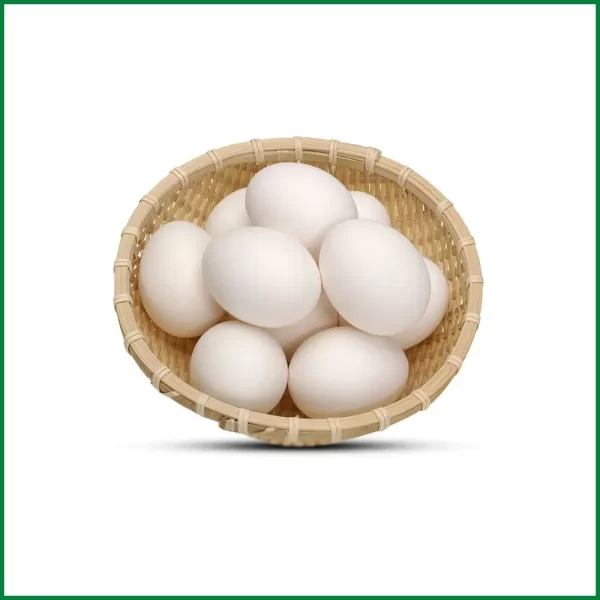



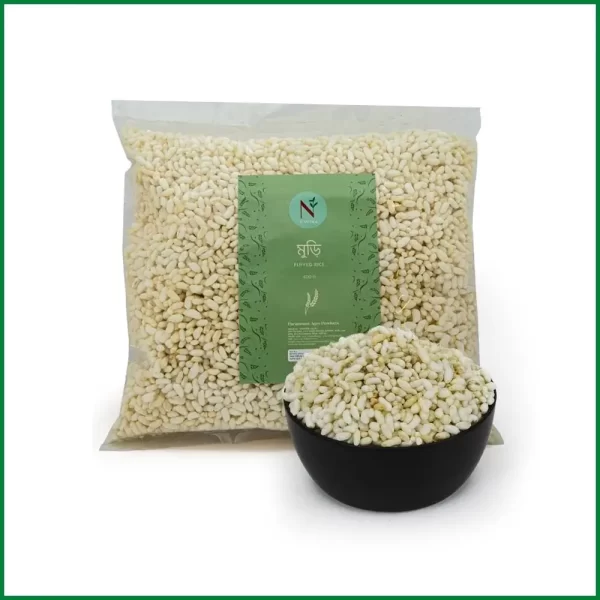


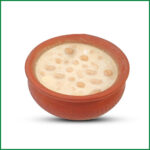

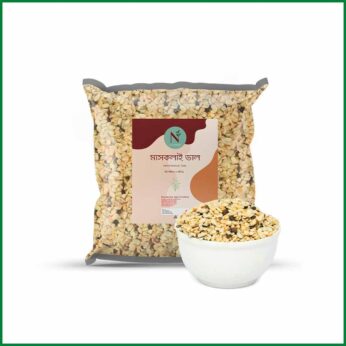
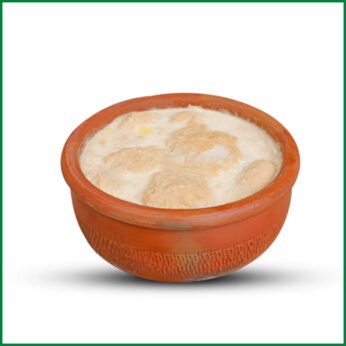
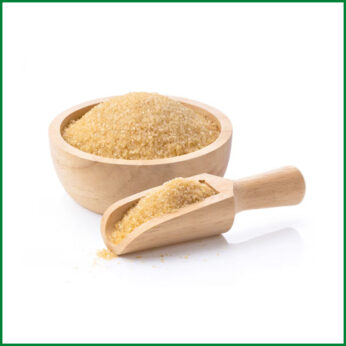


Reviews
There are no reviews yet.